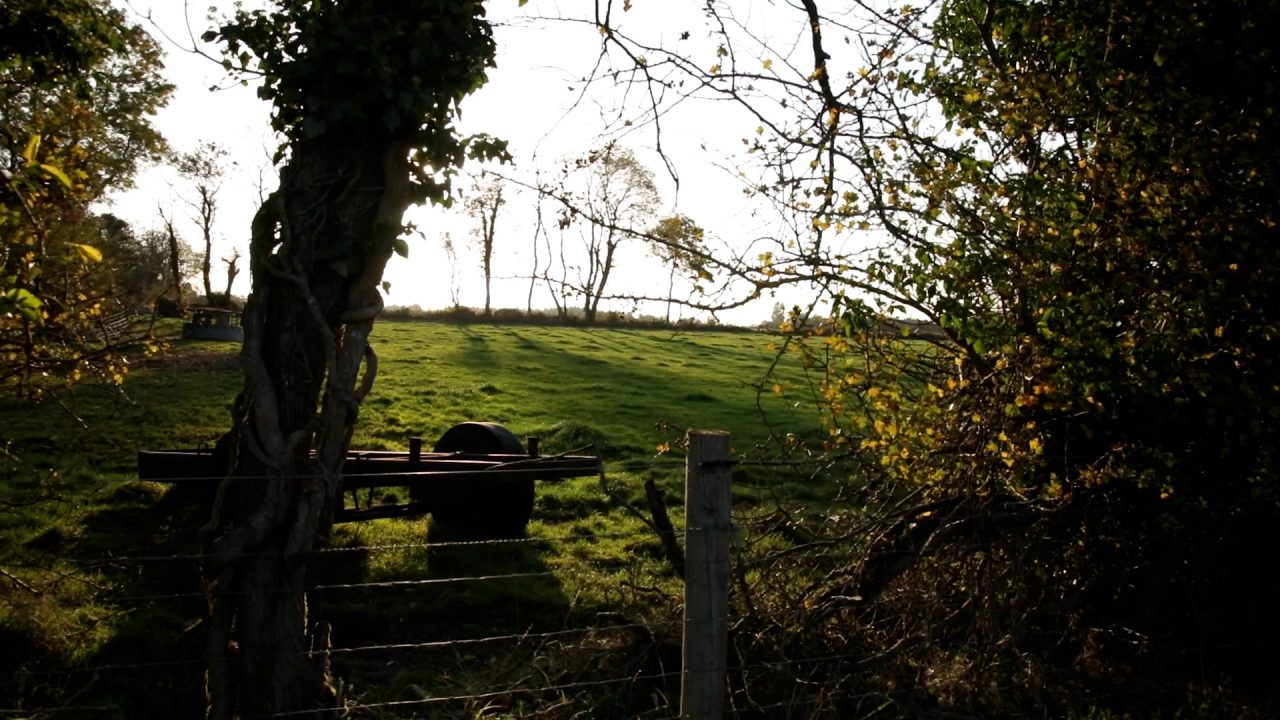The European Commission is planning to launch a carbon farming initiative by the end of 2021.
This week, the commission published the final report of a two-year study on how to set up and implement carbon farming in the EU.
The study – “Technical Guidance Handbook – setting up and implementing result-based carbon farming mechanisms in the EU” – was carried out from 2018 to 2020, and explored key issues, challenges, trade-offs and design options to develop carbon farming.
It reviewed existing schemes that reward climate-related benefits in five “promising” areas: Peatland restoration and rewetting; agroforestry; maintaining and enhancing soil organic carbon (SOC) on mineral soils; managing SOC on grasslands; and livestock farm carbon audit.
It also explored how a widespread adoption of this farming can be triggered in the EU.
Results-based carbon farming can contribute significantly
The study concludes that results-based carbon farming can contribute significantly in the EU’s efforts to tackle climate change, bringing benefits in terms of carbon sequestration and storage and other co-benefits, such as increased biodiversity and preservation of eco-systems.
The report recommends that pilot initiatives should be developed at local or regional level in order to gather experience to upscale carbon farming.
“This will enable improving design aspects, in particular the certification of carbon removals, and expanding stakeholders’ knowledge and understanding of the potential benefits for them.”
The commission said it has promoted carbon farming in its recommendations on the member states’ CAP strategic plans and will continue outlining its possibilities in its further assessment of the plans until their adoption.
New income opportunities for farmers
Executive vice president for the European Green Deal, Frans Timmermans, said that climate action “must first and foremost reduce human-made emissions”.
“But, we also need to restore and protect natural carbon sinks, so that we can capture CO2 from the atmosphere and store it in our soils and forests. Carbon farming offers new income opportunities for farmers,” he said.
“It is an example of how the new Common Agricultural Policy’s [CAP] eco-schemes and private funding can reward agricultural practices that help us fight the climate and biodiversity crises.
“Nature-based solutions that remove carbon from the atmosphere can help the EU achieve climate neutrality and should therefore be rewarded.”
It was announced in the Farm to Fork strategy that the commission will promote carbon farming as a “new green business model that creates a new source of income for actors in the bio-economy”.
In addition, it was announced in the Circular Economy Action Plan that the commission will develop a regulatory framework for certifying carbon removals based on robust and transparent carbon accounting to monitor and verify the authenticity of carbon removals.
A communication setting out an action plan for both initiatives is expected by the end of 2021.
